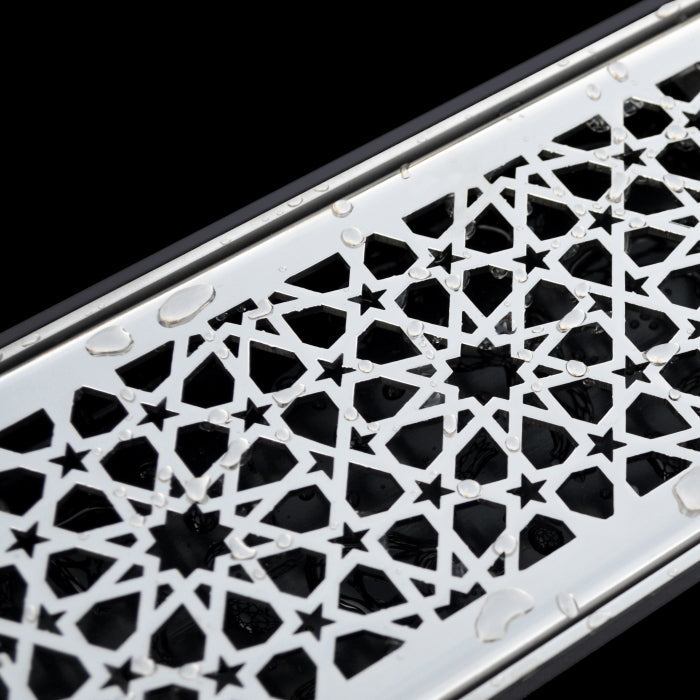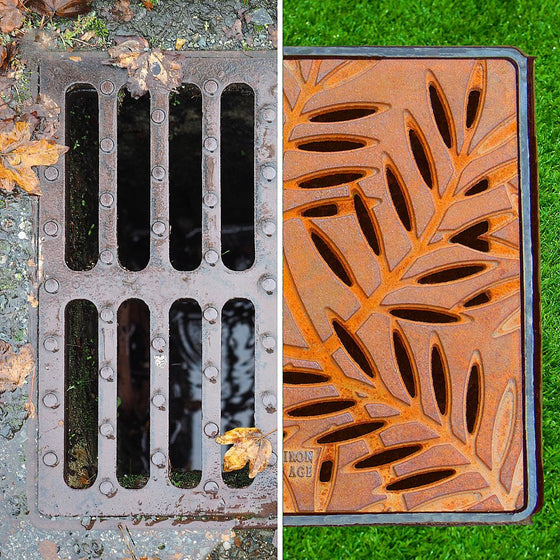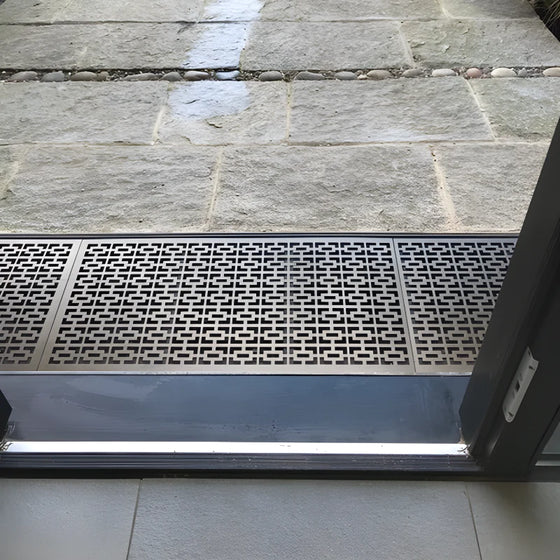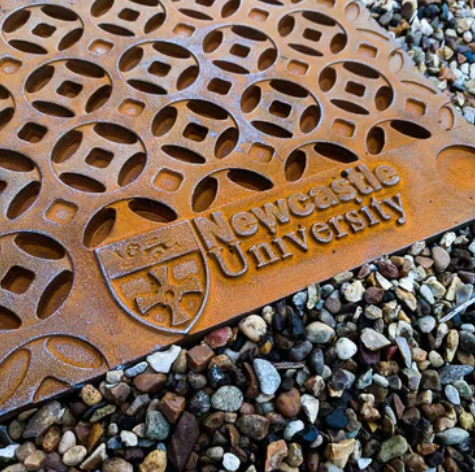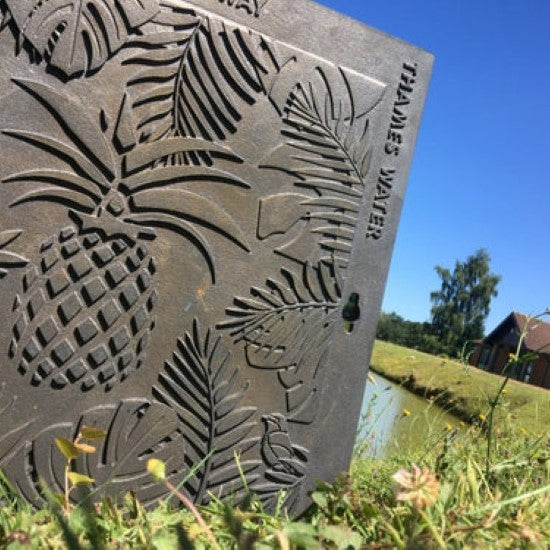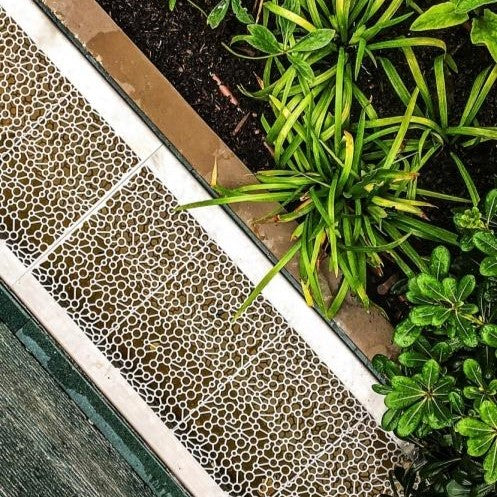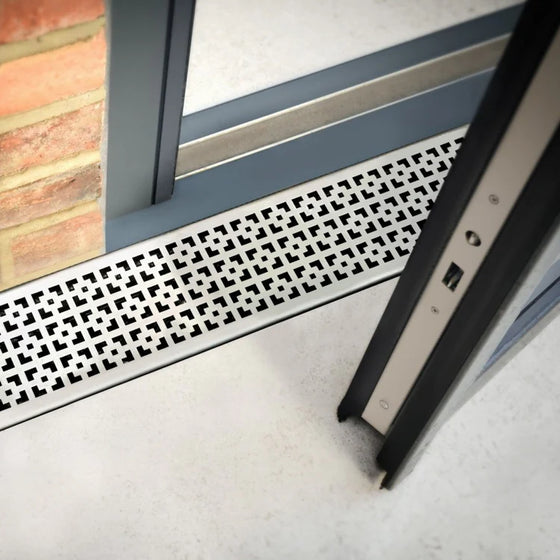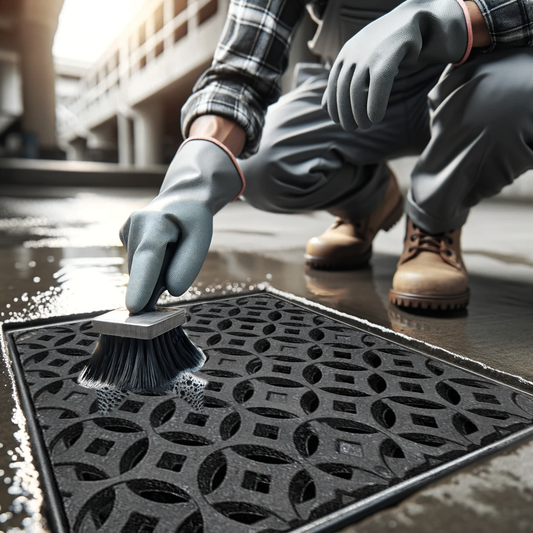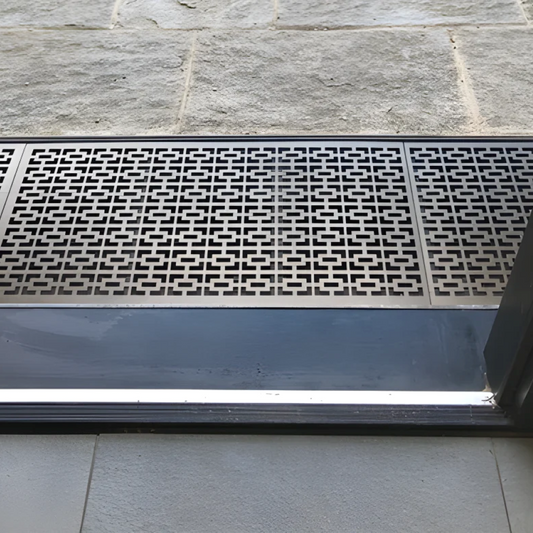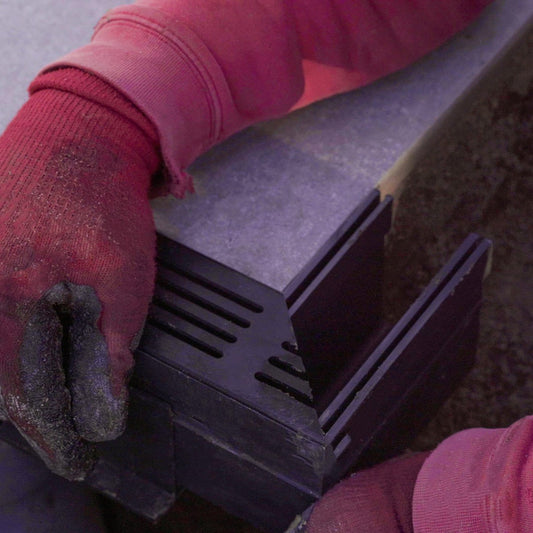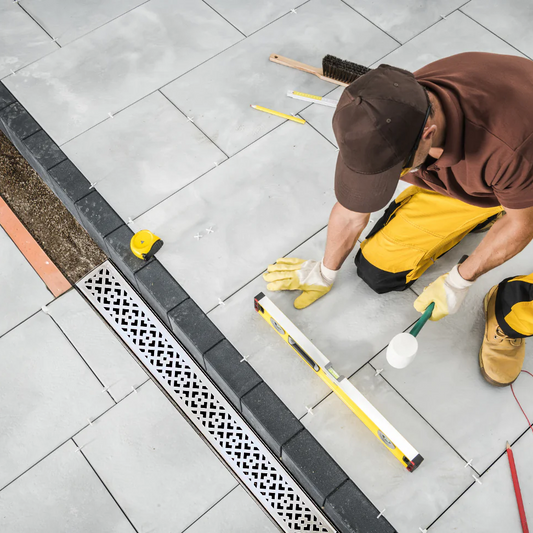Getting Started With Composting for Your Eco-Friendly Garden

The BBC reports that 30 million tonnes of waste are produced yearly in Britain. This is a massive concern, leading many homeowners to seek green alternatives to disposing their waste. One idea that has become more popularised is composting one's food or garden scraps. Typically, compost comprises of recycled kitchen, paper products and garden waste. In organic gardening, composting is the cornerstone and the natural way of adding nutrients to the soil. It is the main reason why people including potential farmers should start composting. For any landscape designer or homeowner with a dream of creating an eco-friendly garden, getting started with composting is one of the sustainable ways you can design and maintain a garden.
Here’s what you should know about composting:
Why Consider Composting?
From nourishing living plants in your fake lawn to your replenishing your woodland garden, compost manure has a wide range of benefits. Composting significantly reduces the amount of refuse sent to landfills and minimizes emission of greenhouse gases like methane produced during decomposition. Additionally, it saves the local authorities lots of funds used in transporting the wastes. For local gardeners and homeowners, it gives them excellent organic, chemical-free manure that nourishes the soil structure and plants. These reasons are enough to convince homeowners to start composting in their gardens by finding a suitable spot.
Setting up a Suitable Spot for your Compost
Selecting a suitable spot for composting largely depends on the area you reside, whether in the countryside or cities. However, the location is vital for the farmer. First, the area should be accessible with adequate air circulation which is essential for decomposition. Stirring the compost heap regularly to aerate the soil will speed up the bacterial activity. For suitable warmth, constructing a partial shade, not directly in the sun is ideal. Placing the compost bin in the bare ground will ease the drainage of the leachate, the compost liquid by-product dearly loved by the worms. Another aspect to consider during design is that it should be away from large trees - the roots of these trees grow and suck nutrients and moisture from your compost.
Type of Waste Thrown into the Compost Bin
Virtually anything natural decays but not all are good for your compost. Grass, vegetables, fruit peels, brown paper, and eggs shells are some of the things to throw in your compost bin. Creating the right balance is the key, and you need the right mix of wet, dry, hard and soft waste to achieve the best compost manure. However, some of the stuff you should avoid are things like cooked food, meat, poultry, fish and dairy products, coal ash, dog or cat wastes, or nappies. These items pollute the soil by attracting harmful pests.
Making your compost is an eco-friendly way of recycling waste that mostly ends up in landfills. You help nature in the composting process, adding nutrients to the soil and reap the benefits through eco-gardening. Put your garden and food waste into good use through composting and enjoy the benefits of lush green space in your home.
